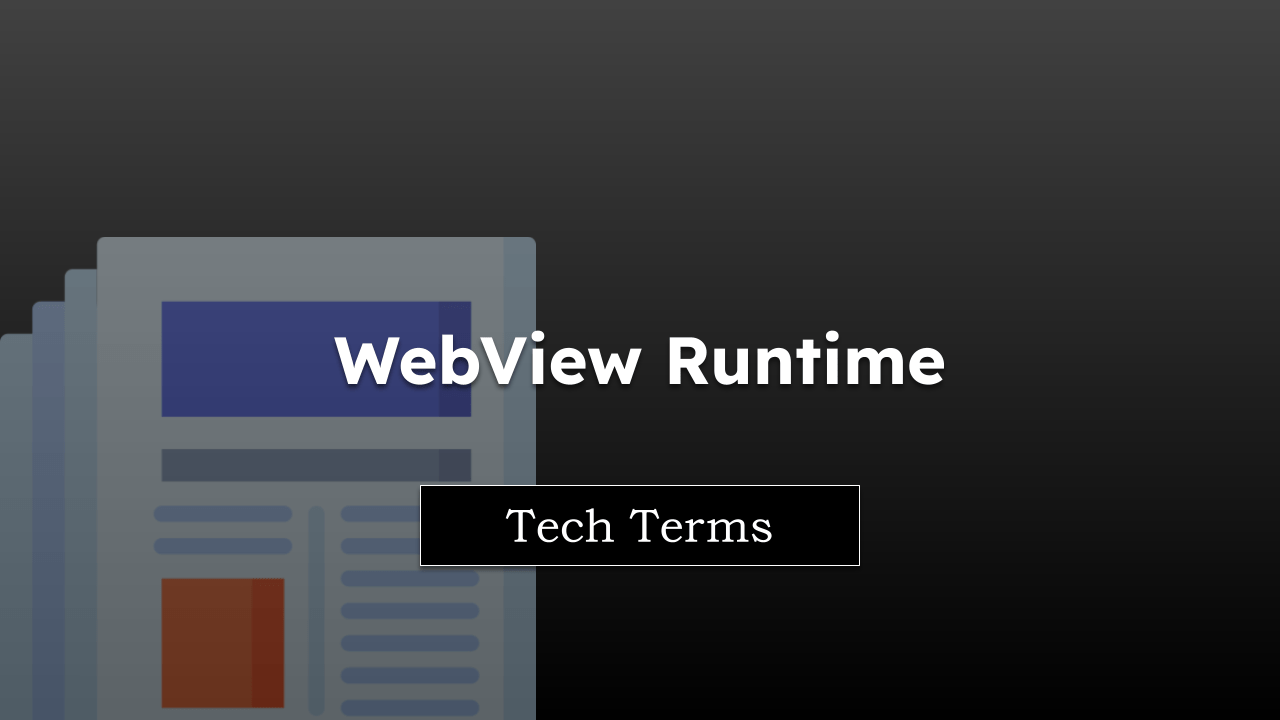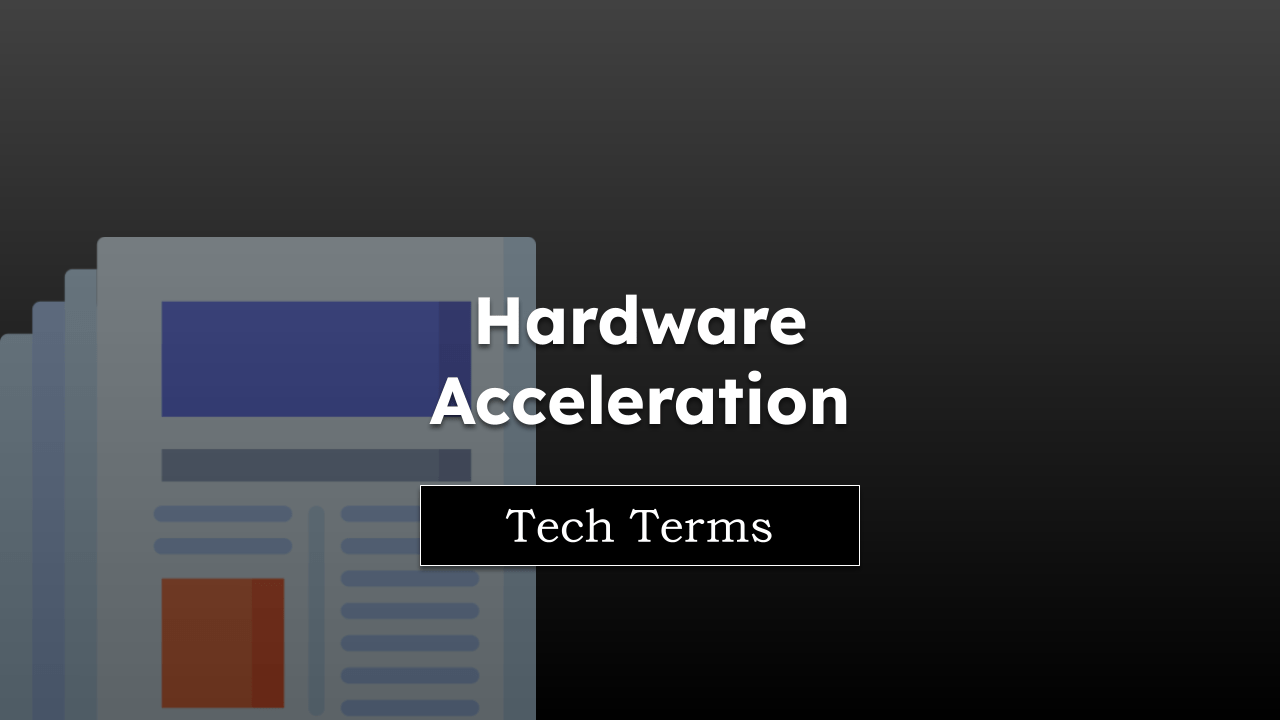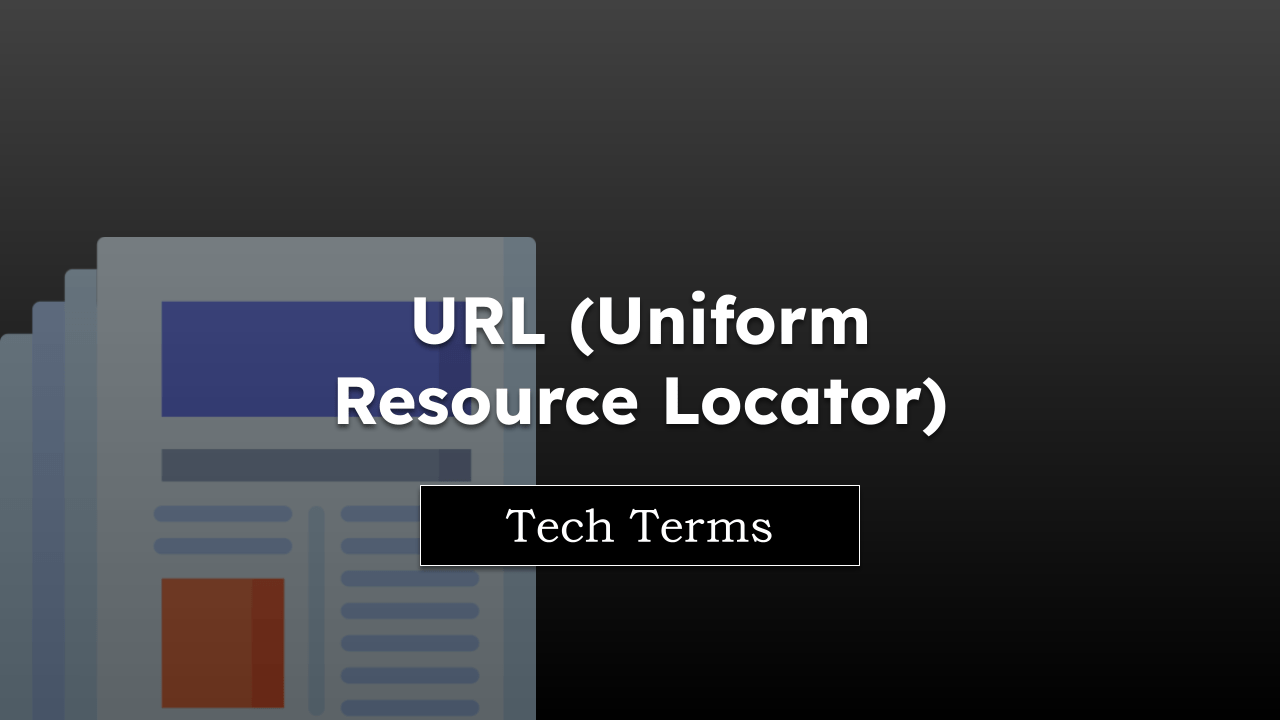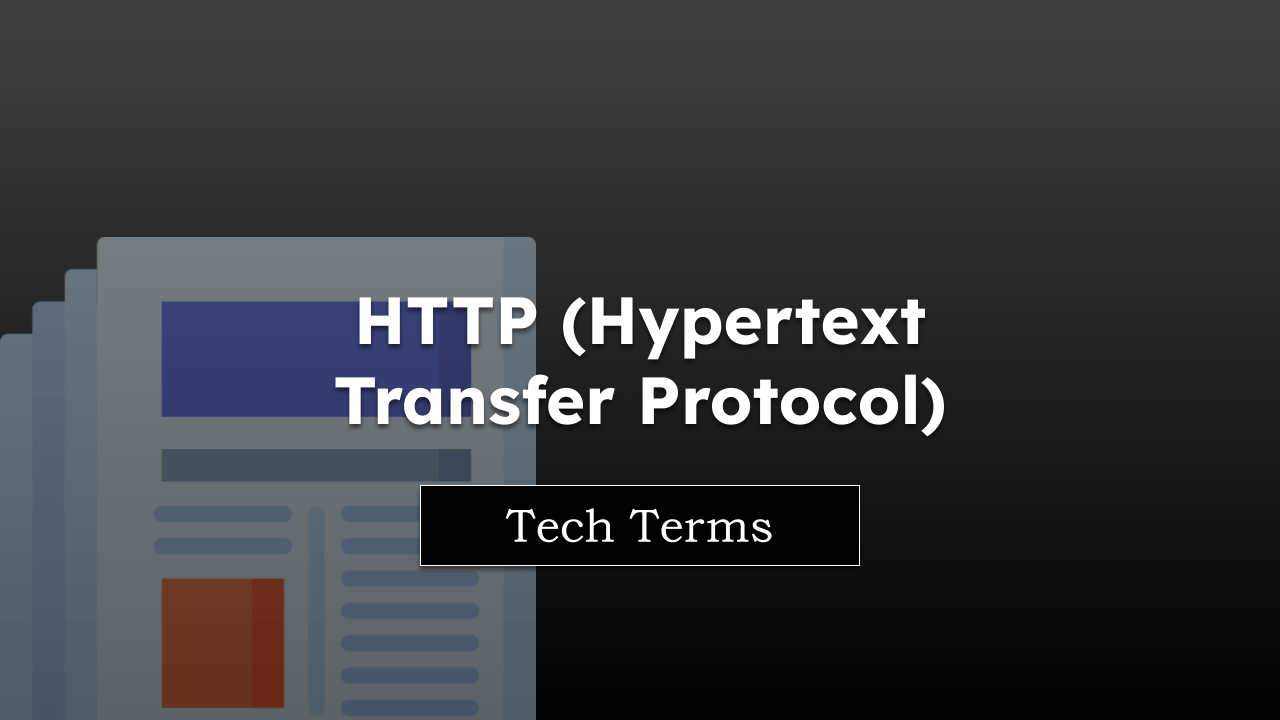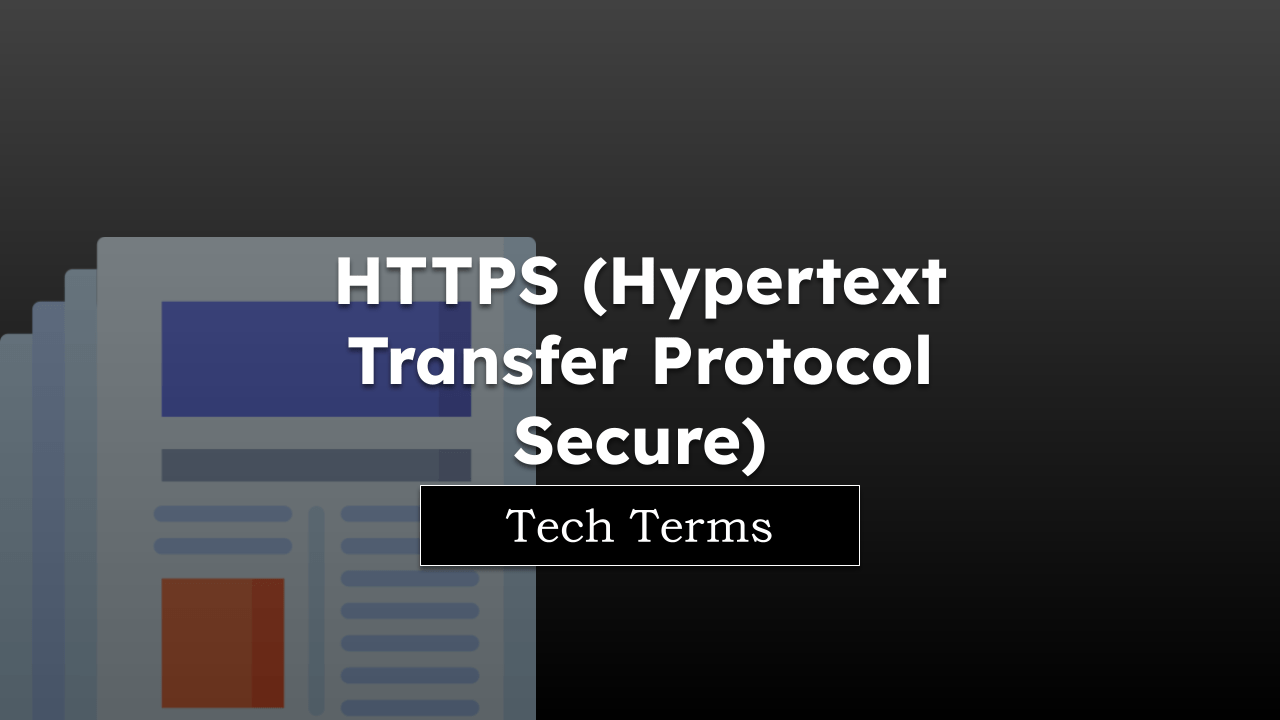Have you ever had a pop-up window suddenly appear on your screen while browsing? It can be a bit of a shock and, sometimes, a nuisance, right? This is where the handy feature in your web browser known as the ‘Pop-Up Blocker’ comes to your rescue.
The primary role of a pop-up blocker is to prevent those unexpected, often annoying windows that ‘pop up’ over the content you’re trying to read. These blockers act as guardians, warding off unwanted interruptions, which are usually advertisements or sign-up prompts, while you navigate through the internet.
Note: The page is part of the browser vocabulary to help you understand technical terms.
In this guide, I have shared written instruction about:
How Pop-Up Blockers Work
When you visit a webpage, it might be scripted to open new windows, typically ads, without your explicit permission.
Here’s where your guardian, the pop-up blocker, steps in. It identifies these unsolicited scripts and blocks them from executing. Thus, it prevents the pop-up window from appearing on your screen.
If a pop-up is blocked, your browser will typically give you a notification, allowing you to choose if you want to see the pop-up or continue blocking such pop-ups.
Example for Easy Understanding
Think of your browsing experience as attending a movie in a theatre. The movie is the content you want to enjoy, and the pop-up windows are like people standing before you, obstructing your view.
A pop-up blocker in this context is like a vigilant security guard. This guard politely yet firmly asks these people to sit down or leave, ensuring nothing comes between you and your movie.
However, there may be times when you want someone to stand up, like during the intermission. This is where you can ‘whitelist’ certain websites, telling your browser’s pop-up blocker to allow pop-ups from these sites. It’s like telling the security guard that it’s okay for people to stand up during the intermission.
Bottom Line
Pop-up blockers significantly enhance your browsing experience by keeping unnecessary interruptions at bay.
They play a pivotal role in safeguarding your online journey, making the web a more streamlined and less intrusive space for you.
By understanding their function, you can better navigate your settings to allow suitable pop-ups at the right time, ultimately taking charge of your digital theatre.
Lastly, if you've any thoughts or feedback, then feel free to drop in below comment box. You can also report the outdated information.


